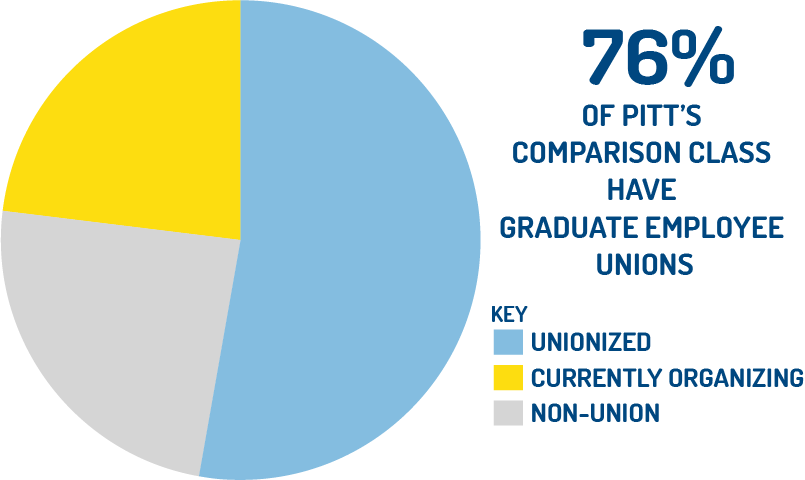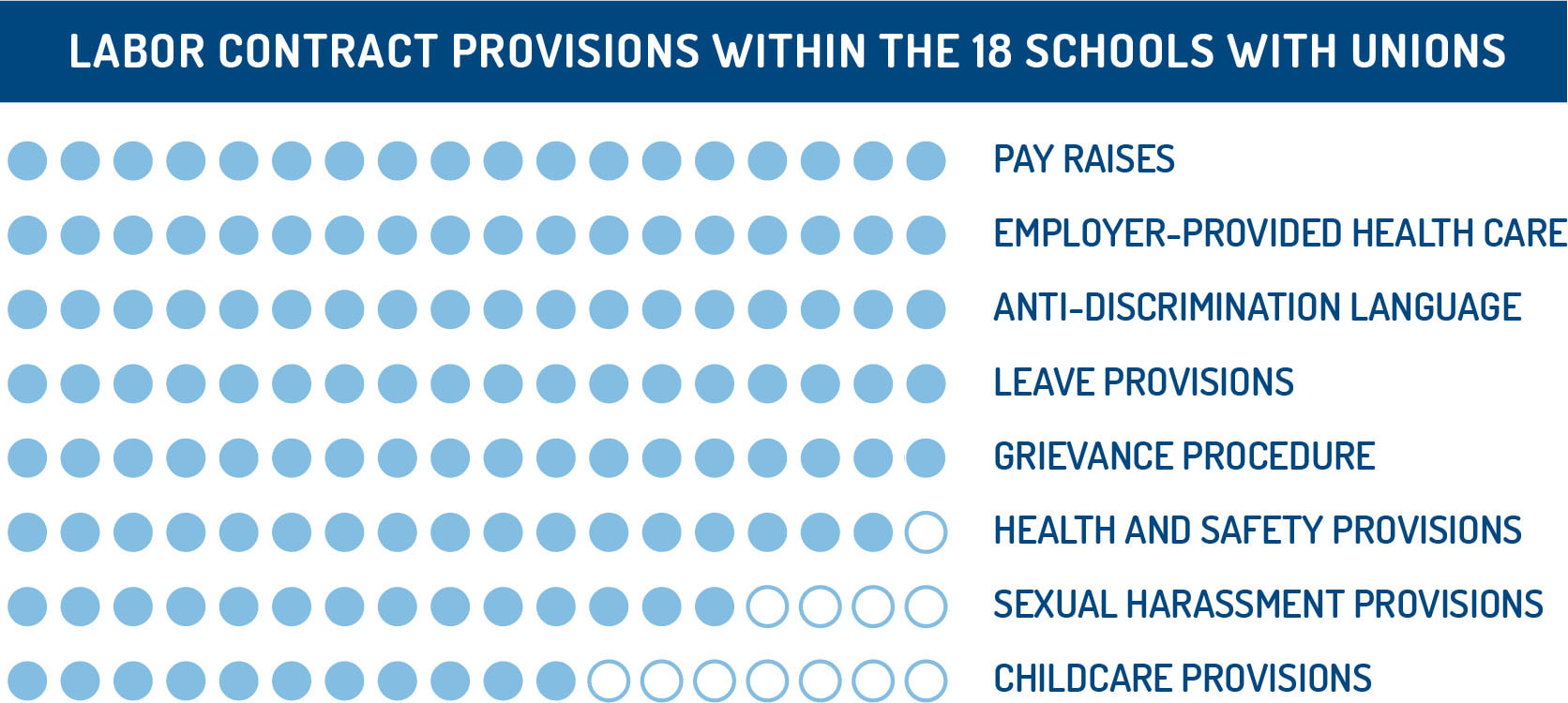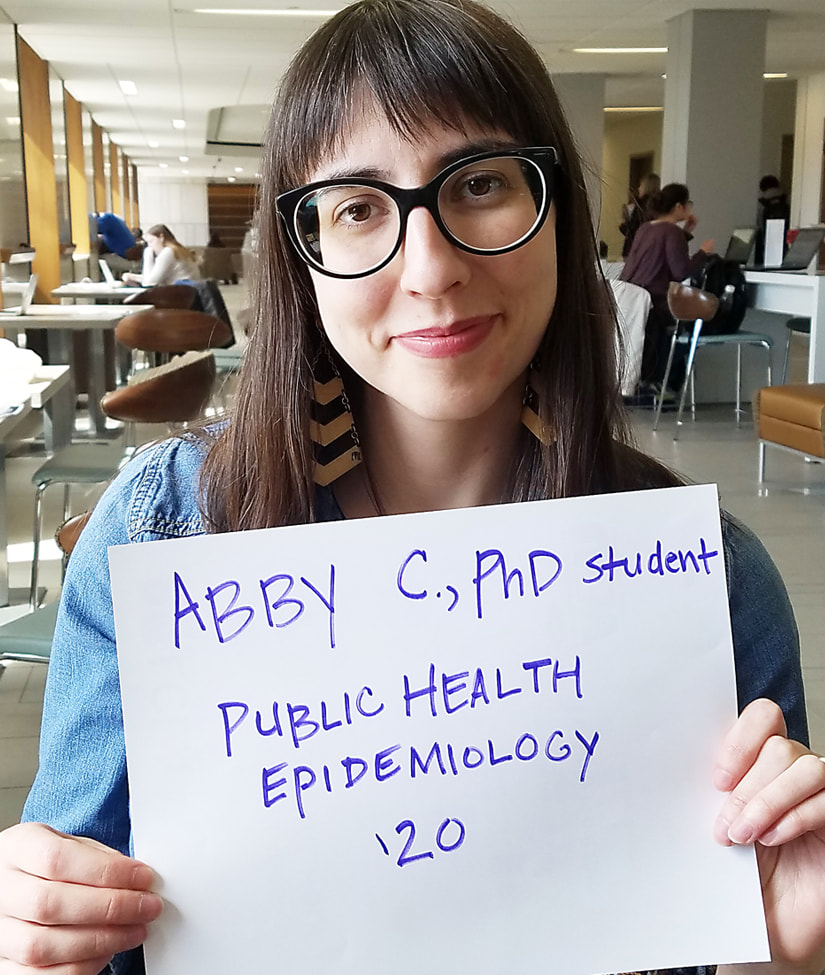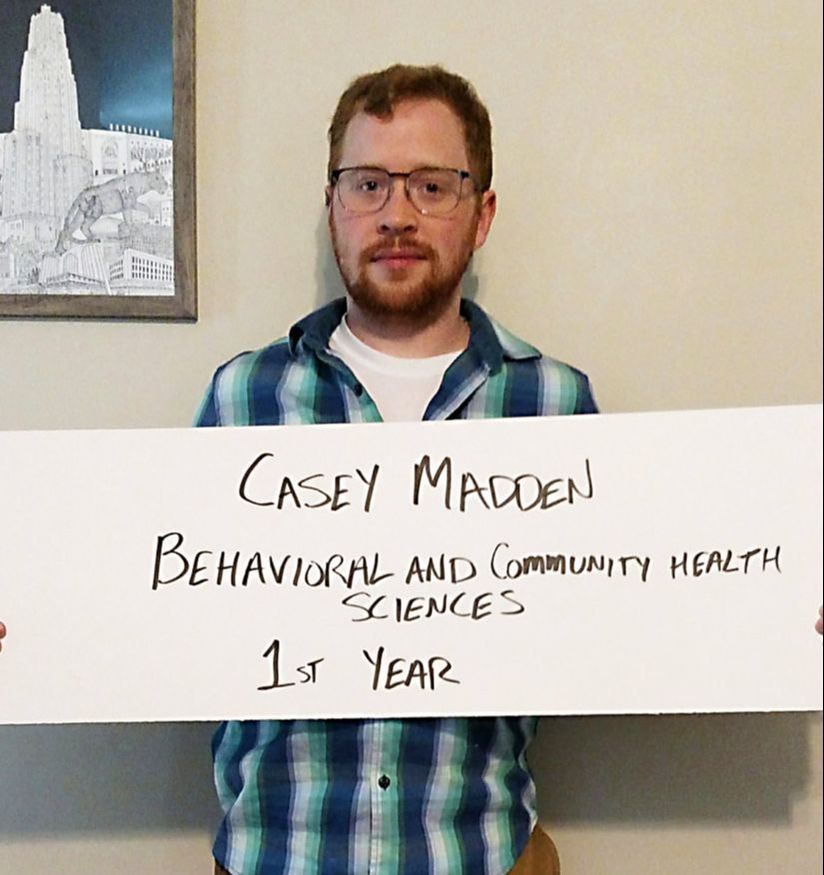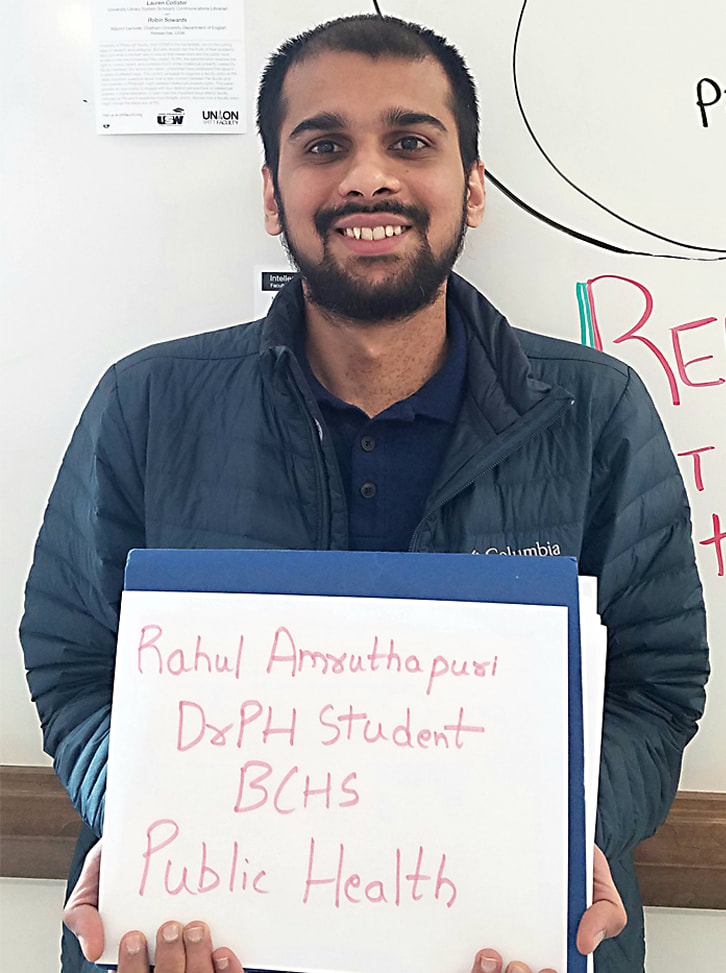Higher ed is one of the most unionized sectors in the United States!
Comparison class: R1, Public Sector, AAU Members = 34 Schools
- The R1 designation and AAU membership places Pitt amongst top-tier, world-class research institutions within the United States.
- Being publicly-funded makes Pitt’s budget and economic planning different from purely private institutions within the University’s research classification, like Harvard or Yale.
- This comparison class used is the same one that Pitt’s administration uses when presenting information on Pitt’s standings within the academic community. We’re using it to allow real apples-to-apples comparison between our materials and the administration’s.
We are a union because:
Questions and Answers for STEM Employees I'M A GSR (GRADUATE STUDENT RESEARCHER) IN STEM. OUR STIPEND RATES EXCEED THOSE OF OTHER DEPARTMENTS. WILL A UNION LOWER MY STIPEND TO GIVE OTHER DEPARTMENTS A RAISE?
CAN PITT AFFORD TO PAY GRADUATE EMPLOYEES MORE?
Their audited financial statements say yes - in fact, according to their 2017 financials, Pitt had an estimated budget surplus of over $85 million. Getting a completely certain picture of the total labor costs connected with graduate workers is difficult. But we can at least get a ballpark sense as follows: The only available source for how many graduate workers there are is IPEDS (https://nces.ed.gov/ipeds/Home/UseTheData), which is data supplied to the federal government by Pitt’s administration, as a condition of receiving Title IV funding. The most recent data on graduate student employees from Fall 2016: TA = 1,040 GSR = 907 Total = 1,947 Given that breakdown, let’s assume that Pitt will classify those employed as researchers as GSR (graduate student researcher), and it will classify non-researcher employees as GSA (graduate student assistant), TA (teaching assistant), or TF (teaching fellow). The current stipend rates are: GSA/TA/TF = min. $7,530/term, max. $9,590/term GSR = min. $7,530/term, max. $10,545/term Making the conservative, cost-inflating assumption that all 1,040 TA/TFs are employed for two full semesters and GSRs are employed for a full three, the minimum and maximum total salary costs for graduate workers at Pitt will be as follows: Min = $36,151,530 (1.7% of operating expenses) Max = $48,640,145 (2.2% of operating expenses) Costs from benefits like health care typically add 40% to total salary. Subsequently, the total labor costs for grad workers at Pitt would fall somewhere between 2.4% and 3.1% of total expenses. Therefore, the administration could easily double the stipend rates using only its budget surplus (the total operating budget is $2,169,662,000 and 3.1% of that is $67 million). Also, don’t forget that graduate student employees are also paying fees to be here, so you’re putting money into the same pot you’re getting paid out of. IF PITT HAS TO PAY US MORE, HOW WILL THEY BE ABLE TO AFFORD IT? WILL THE BUDGET FOR MY PROGRAM BE CUT? WON’T THIS MAKE ME LESS COMPETITIVE WITHIN MY PROGRAM?
Unionization means that we negotiate bilaterally - as opposed to unilateral decision-making by the administration, which is how things function now. The administration will not agree to any proposal that is financially unsound, and they wouldn’t be required to. Graduate workers have no incentive to undermine the financial health of the institution, and the administration has no incentive to accept a proposal which would do so.
Evidence from other universities with graduate unions indicates that unions tend to mitigate budgetary inefficiencies, freeing up resources for the university’s core mission of teaching and research. Additionally, a union can help grow the revenue stream by being a legislative ally in seeking public funds. Many world-class research universities have graduate employee unions, and their students’ competitiveness and ability to bring in external funds have not suffered. This list includes Berkeley, UCLA, University of Wisconsin-Madison, University of Michigan (Ann Arbor), University of Washington, and NYU. Columbia, University of Chicago, and Harvard have all recently voted to form graduate employee unions as well. Unions do not prevent or inhibit competition between students, nor do they prevent them from succeeding in bringing in funds or succeeding on the job market. IS THE UNION GOING TO CHANGE OUR HEALTH BENEFITS?
Our health benefits are great, and we want to keep them! Right now, the administration can unilaterally decide to change or eliminate our benefits without consulting us. As a union, we will work to bargain a legally-binding contract that protects the benefits we like (such as our healthcare), while also giving us the latitude to negotiate with the administration on things that we feel need improvement (like the prohibitive cost of dependent healthcare, or work-related travel reimbursement). Throughout contract negotiations, we will strive to maintain a positive, collaborative relationship with the University of Pittsburgh administration. WHAT WOULD HAPPEN IN THE EVENT OF A STRIKE? COULD I CONTINUE TO CONDUCT MY RESEARCH?
Our union cannot force workers to go on strike. We would discourage graduate student employees from participating in a strike if it would harm their research or compromise their visa status. WHAT IF OUR UNION DOESN’T ADDRESS WHAT STEM GRADUATE EMPLOYEES NEED?
As graduate student employees, we are the union. Our organizing committee has members from across all departments and Pitt schools, and we strive to be inclusive and representative. STEM fields will be represented on the Bargaining Committee by STEM graduate workers, and will be directly involved in crafting the union's proposals. The best way to ensure that your department’s issues and concerns are being addressed is to get involved. You can do that by sending us a message at [email protected]. WILL THE UNION CHANGE MY RELATIONSHIP WITH MY ADVISOR/PI, OR LIMIT THE HOURS I WORK?
Our union can’t tell you how to do your job, how many hours to work, or the best way for you to relate to your adviser. When faculty at universities with unionized graduate workers were surveyed, they reported that unionization did not affect their ability to teach or mentor their students, or to have a free exchange of intellectual ideas (Hewitt, 2000). Similarly, when unionized and non-unionized graduate workers were surveyed, those who were unionized described more positive relationships with their advisors than their non-unionized peers (Rogers S, Eaton AE, and Voos PB, 2014). This net positive may occur because the advisor or PI doesn’t also have to act as a manager, and can instead focus purely on advising and mentoring. ____________________________ Hewitt GJ. (2000). Graduate student employee collective bargaining and the educational relationship between faculty and graduate students. Journal of Collective Negotiations, 29(2), 153-166. Rogers, S., Eaton, A. E., & Voos, P. B. (2014). Effects of unionization on graduate student employees: Faculty-student relations, academic freedom, and pay. ILR Review, 66(2), 487-510. doi: 10.1177/001979391306600208 WILL I FACE RETALIATION FOR BEING INVOLVED IN OR SUPPORTING THE UNION?
Under State law, it is illegal for the Administration to retaliate against you (Pennsylvania Public Employee Relations Act, Article XII, Section 1201). This includes “Interfering, restraining, or coercing employes in the exercise of the rights guaranteed in Article IV of this act,” and “Dominating or interfering with the formation, existence or administration of any employe organization.” More importantly, when we stand together as a union we can demand respect for ourselves and our colleagues. Our greatest protection is our unity. I'M AN INTERNATIONAL GRAD STUDENT -- CAN I JOIN THE UNION?
Yes. In fact, international graduate student workers have played a central role in organizing and leading unions at more than 60 university campuses across the U.S. Anyone working in the United States has the same union rights, regardless of their citizenship or visa status. The State Department has put together a pamphlet on International Workers’ rights, which can be found here: https://travel.state.gov/content/dam/visas/LegalRightsandProtections/Wilberforce/Wilberforce-ENG-100116.pdf. Pitt employees, including Graduate Student workers, are protected under the Public Employee Relations Act. International students face vulnerabilities that can be best addressed as a union, particularly through the protection of having a grievance procedure (a structure for presenting and settling workplace disputes before a neutral third party). |
Accomplishments by other Grad UnionsWAGES
INTELLECTUAL PROPERTY RIGHTS AND ACADEMIC FREEDOM
PROFESSIONAL AND CAREER DEVELOPMENT AND EXPENSES
SEXUAL HARASSMENT
|
We are a union because:
|
"Support structures that ease the strain on people with caregiving responsibilities are critical for making STEM careers more widely accessible and inclusive."
Eden McQueen Biological Sciences |
"We represent the collective voice of graduate students."
Rahul Amruthapuri Behavioral and Community Health Sciences |

